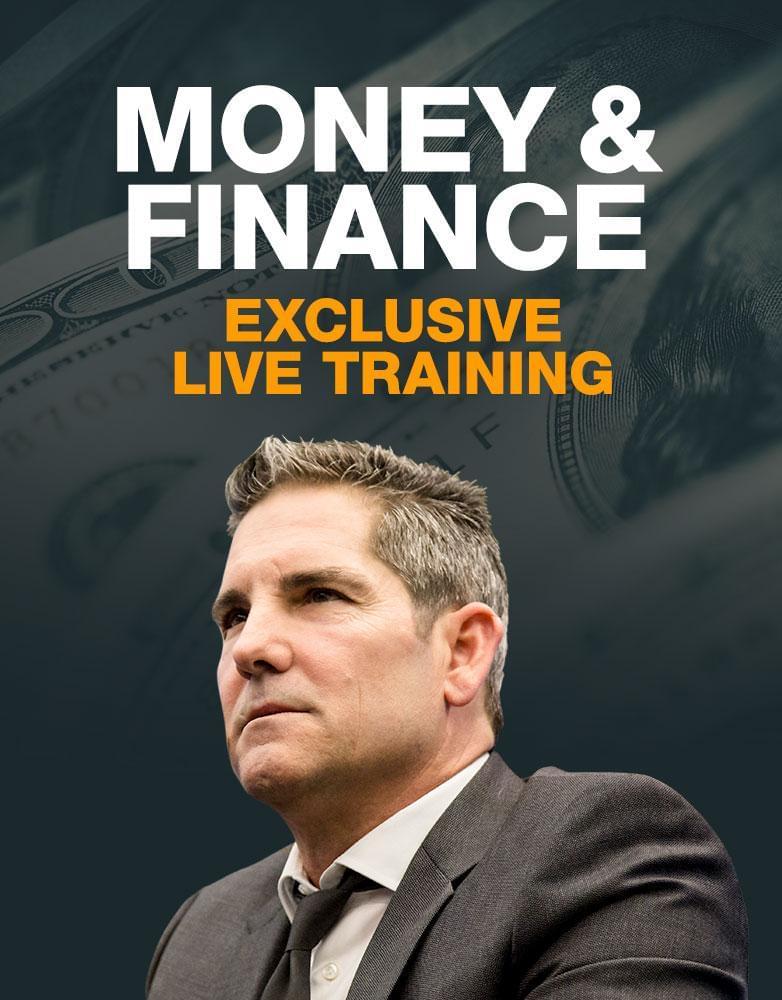
Your Healthy Accountants
How To Have Better Personal Finances
(Part 2 or 3)

Does talking about money make you uncomfortable, even when discussing payment you are owed? Do you wonder how other people manage to make ends meet when it seems so impossible for you? In Part One, we talked about the importance of understanding your relationship with money and what feelings you formed towards money when you were growing up. Today, we are going to talk about the second step to having better finances: understanding how your money and your lifestyle are connected.
UNDERSTAND MONEY AND YOUR LIFESTYLE
How much money have you made over the course of your life? What about over the course of your business? If you’ve worked 30, 20, even 10 years at your job but have less than $1,000 in the bank, you might be frustrated but you’re not alone. Statistics tell us most Americans don’t have next month’s rent or mortgage payment in their bank account. If they don’t make the money to pay their rent this month, right now, they could lose their housing. This is how close the line a lot of people in our country live right now.
This phenomenon demonstrates a cultural lack of understanding about how personal finance works. Smart financial management doesn’t just look at how comfortable you are right now, but what sort of comfort you might expect down the road. When you have a financial plan that works for you, you can have the lifestyle you want plus the security of being able to sustain it.
You should be saving 30% of your income. If you can’t seem to manage that, you need to take a look at your lifestyle and adjust it accordingly. I know it sounds like high-minded advice, and I know if you’re struggling to make ends meet it sounds like a tone-deaf thing to say. But there are two sides to this coin: this isn’t solely about learning to live within your means. It’s about increasing your means to meet the life you want to live.
If you can’t find a way to decrease the amount of money you spend every month to maintain your lifestyle to a place where you are able to save 30% of your income, you need to investigate ways to make more money. You also need to strive always to decrease your expenses and spend less money. That can be hard sometimes when it means denying yourself the lifestyle you’re accustomed to; for example, cooking dinner at home every night instead of going to a restaurant. As your income increases and as you grow your business, you will have more money to go and do those things.
BUDGETING
Budgeting starts with understanding what you spend your money on. Start today by tracking literally every dollar you spend. Every transaction, from the $6 bill at the convenience store to the $1000 mortgage payment, needs to be logged in order to give you a birdseye view of exactly where your money goes. You pay a lot of attention to how much money you have coming in. You need to pay the same amount of attention to the amount of money going out.
The thing about those “lifestyle” expenses is that people don’t even notice them if they are used to them. If you buy yourself a coffee from the gas station every morning on the way to work and spend $1.50, you might never stop and consider how much money that really is. You might actually pat yourself on the backing for skipping something fancier and more expensive. Budgeting is the only way to get a crystal clear idea of exactly how much per month those little expenses cost you.
BETTER PERSONAL FINANCES
Budgeting takes practice and dedication. Tracking your expenses can be more difficult than you think, especially if you don’t take the time to do it every day. It’s almost impossible to remember what exactly you bought at Walmart two weeks ago for $46.75. If you struggle to keep on top of where your money goes, you could benefit from a little extra help.
It’s much easier to save money when you have a clear picture of what you spend your money on. If you need assistance getting there, contact us today to learn more about we can help. In our next post, we will talk about step three to better personal finances: developing a systematic approach to a balanced financial plan.
FB Comments Will Be Here (placeholder)

Jay Moore is a licensed CPA in the Greater Washington DC / Maryland area. He is focused on financial strategies for Real Estate, Accountants and Service Based businesses.
CUSTOM JAVASCRIPT / HTML



Copyright 2018 - Living Free Enterprises LLC - All Rights Reserved.
This site is not a part of the Facebook website or Facebook Inc. Additionally, This site is NOT endorsed by Facebook in any way. FACEBOOK is a trademark of FACEBOOK, Inc.

